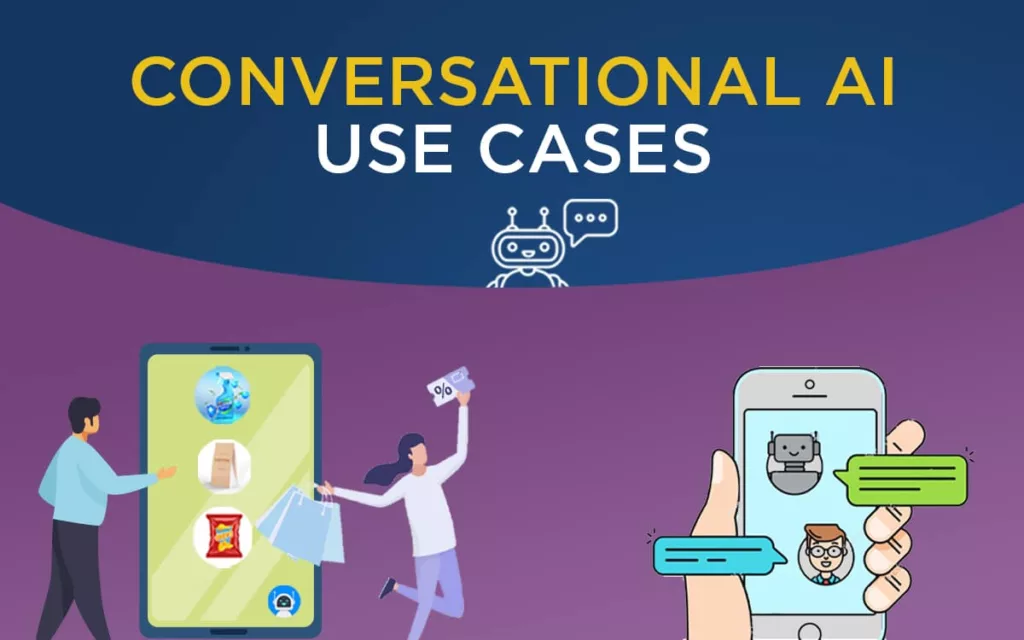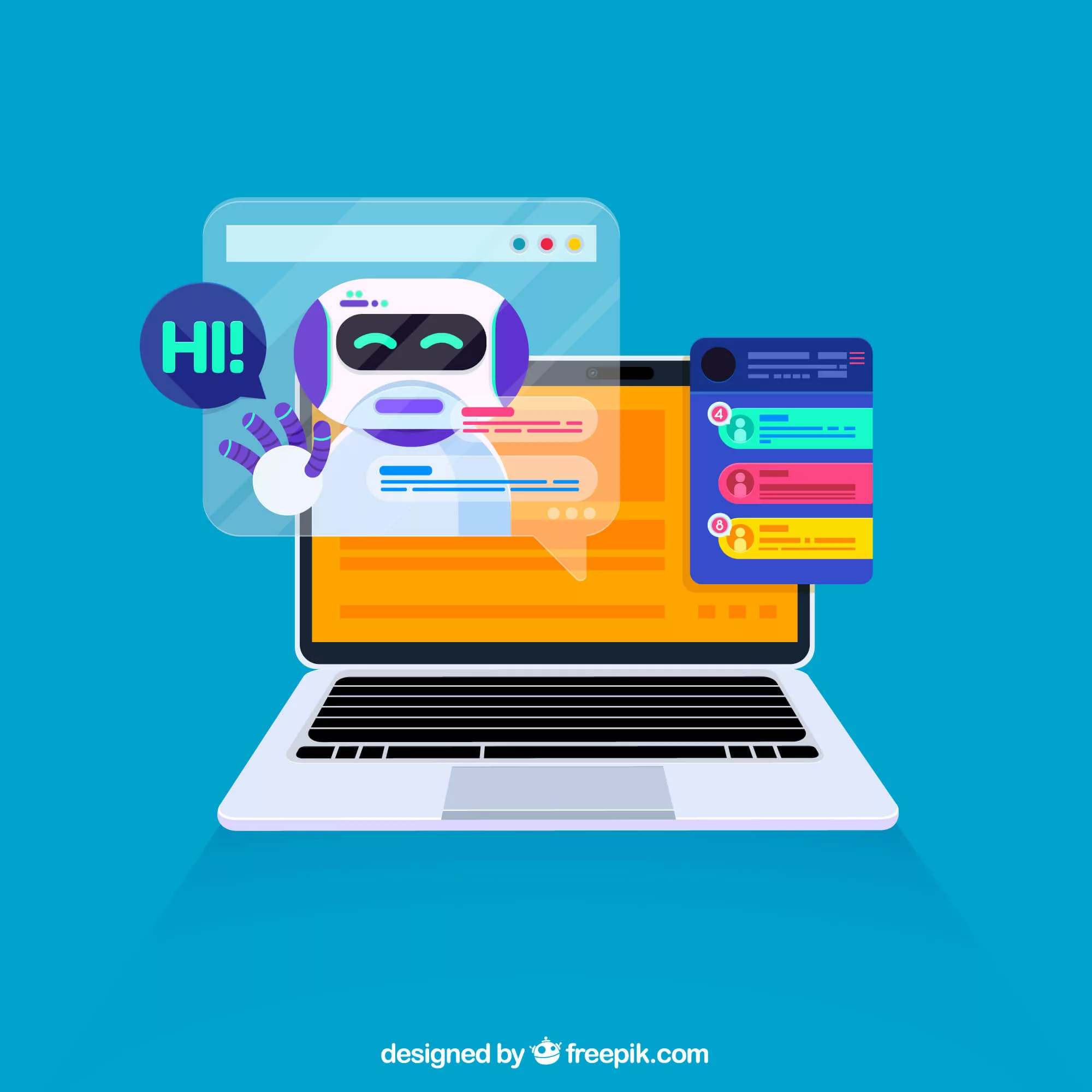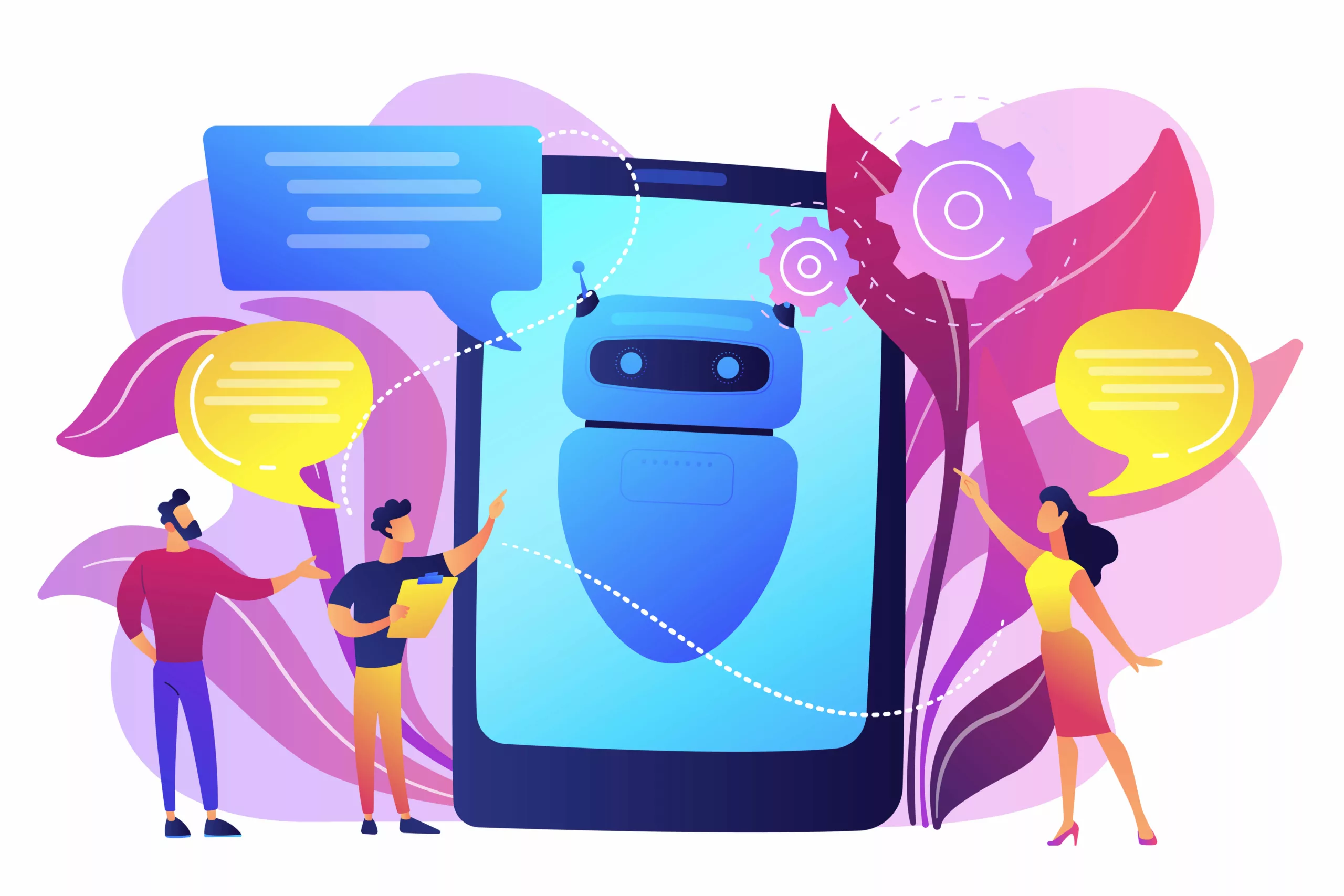Conversational AI is blowing up! It’s totally transforming customer support across a ton of industries. Just in the last few years, we’ve seen some major digital makeovers, thanks to new tech that aims to give businesses a boost. These conversational AI use cases are changing how we use technology to help customers.
Conversational AI can even team up with other tech like speech recognition, sentiment analysis, and dialogue managers to automatically respond to clients. It’s wild! To understand and chat with humans, conversational AI needs to learn from real human input first. But when you combine everything, you can revolutionize your customer interactions and make your agents’ lives easier. No big deal!
Conversational AI is projected to hit a $29 billion market value by 2028. That’s bonkers!
We all know conversational AI can take the most dull, boring tasks off a support team’s plate. But what else can it do across different industries? The options are endless, folks! Artificial intelligence and customer support are getting married hard and fast. So let’s check out the hottest use cases for conversational AI in business right now. The future is here!
Understanding Conversational AI Use Cases
Conversational AI is one of the most promising sectors of artificial intelligence, with its market share growing from $4.2 billion in 2019 to $15.7 billion by 2024. It is only natural for the number of conversational AI use cases to increase in the next few years. As the accessibility of computers and intelligent devices increases, conversational AI use cases also improve. Conversational AI is used in both the commercial and domestic sectors today. Here are a few conversational AI use cases that highlight the revolution that conversational AI truly is.
-
IT and Data Security Services
One of the primary conversational AI use cases is found in the IT sector and data security. IT companies are using chatbots as the primary interface for customer support services. The chatbots help customers access support services at any time. These chatbots are programmed to address the fundamental issues faced by a customer and offer troubleshooting solutions. If the customer’s type of concern is of higher complexity, it gets forwarded to the IT support executive. Having a chatbot in the IT services helps filter out customer requests according to the complexity and priority of the concerns.
- Using a chatbot in the customer support chain helps resolve issues, increase the staff’s productivity, and improve incident management.
- The chatbots also provide more data security to the customers as they are not exposed to a third party.
- Chatbots are used in the IT service support sector, the troubleshooting sector, and the customer information sector.
-
Sales Management
Conversational AI platforms, like chatbots and virtual assistants, are used to handle the different processes involved in sales. In this way, chatbots and virtual assistants help improve the sales management of an organization. Chatbots can be integrated into warehouse systems, databases, and CRM systems to simplify and streamline Large-scale manufacturing companies use virtual assistants to schedule the dispatch of product shipments. Chatbots also help in maintaining sales databases. Chatbots can also assist in lead management. Moreover, chatbots help in checking the lead status and filling in the lead details for sales executives.
-
Marketing and Promotions
Use cases for AI in conversational marketing are in every industry, if appropriately observed. Every successful company takes its marketing strategy seriously. Companies are now using technology to support their marketing goals. One of these technologies is conversational AI. Companies are using different online platforms, like websites and social media, for marketing. The chatbots integrated into these platforms are excellent examples of conversational AI use cases. Chatbots help in gathering customer insights and potential leads from online platforms. Demographics and data insights lay the foundation of the marketing strategy for companies. Conversational AI applications provide crucial data to marketing teams so that they can create efficient strategies.
Chatbots interact with potential customers to gather good leads. For highly interested potential customers, chatbots help in scheduling demos and meetings. Chatbots observe a visitor’s website activity to recommend products that may be relevant to them. There are many more ways in which conversational AI supports marketing activity and customer acquisition.
-
Internal Virtual Assistant
Apart from helping a company interact with its customers, a chatbot can also help an organization establish channels of internal communication. This helps in improving the coordination between the different teams of an organization. Internal virtual assistants and intranet chatbots can help set up meetings with the staff, send out reminders to everyone involved, and improve internal communication in general.
Employees can do small tasks like applying for leaves, approving leaves, and staying informed on internal updates with intranet chatbots’ help. Chatbots can also help in the organization of documents and make them accessible to employees when needed. This decreases the hassle of working and allows an employee to become self-reliant in their workflow.
Furthermore, chatbots can keep employees in the loop about recent developments, perform simple tasks for them, and improve the company’s workflow in general.
-
Retail Industry Operations
In 2020, the retail industry was in need of a revamp to embrace the new normal. As retail became tech-empowered, it also served as a strong example of conversational AI use cases. The use of chatbots and other conversational AI forms acts as virtual shopping assistants for people who want to shop from home. Even inside a store, chatbots help customers explore the inventory for their chosen product. Intelligent chatbots help customers find suitable product recommendations according to their preferences and needs. The e-commerce chatbot can help with adding products to the cart and checking out with them. Even in offline stores, conversational AI helps customers make payments and checkout without human interactions.
Bottom Line
Conversational AI plays a vital role in carrying out operations in almost all sectors. The above-mentioned are a few of the use cases of conversational AI in today’s era. If a user wants to learn more about conversational AI under a conversational AI tutorial, he/she cannot forego the use cases of conversational AI in different fields. With the adoption of conversational AI chatbots for your business, you can take your business to the next level of growth.
Want to know more about conversational AI? Reach out to our experts at eBotify and they will explain to you the concepts of conversational AI and chatbots.








